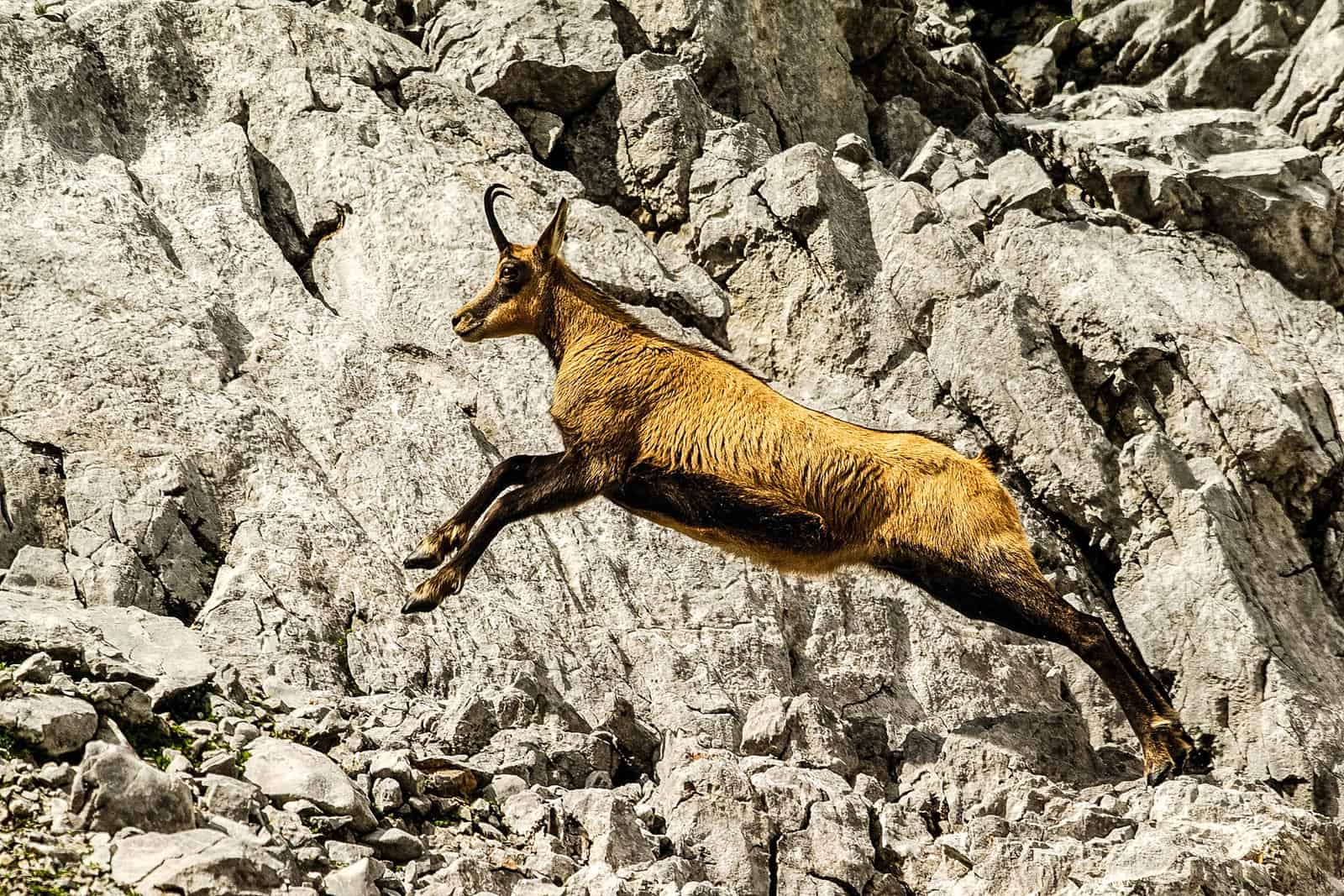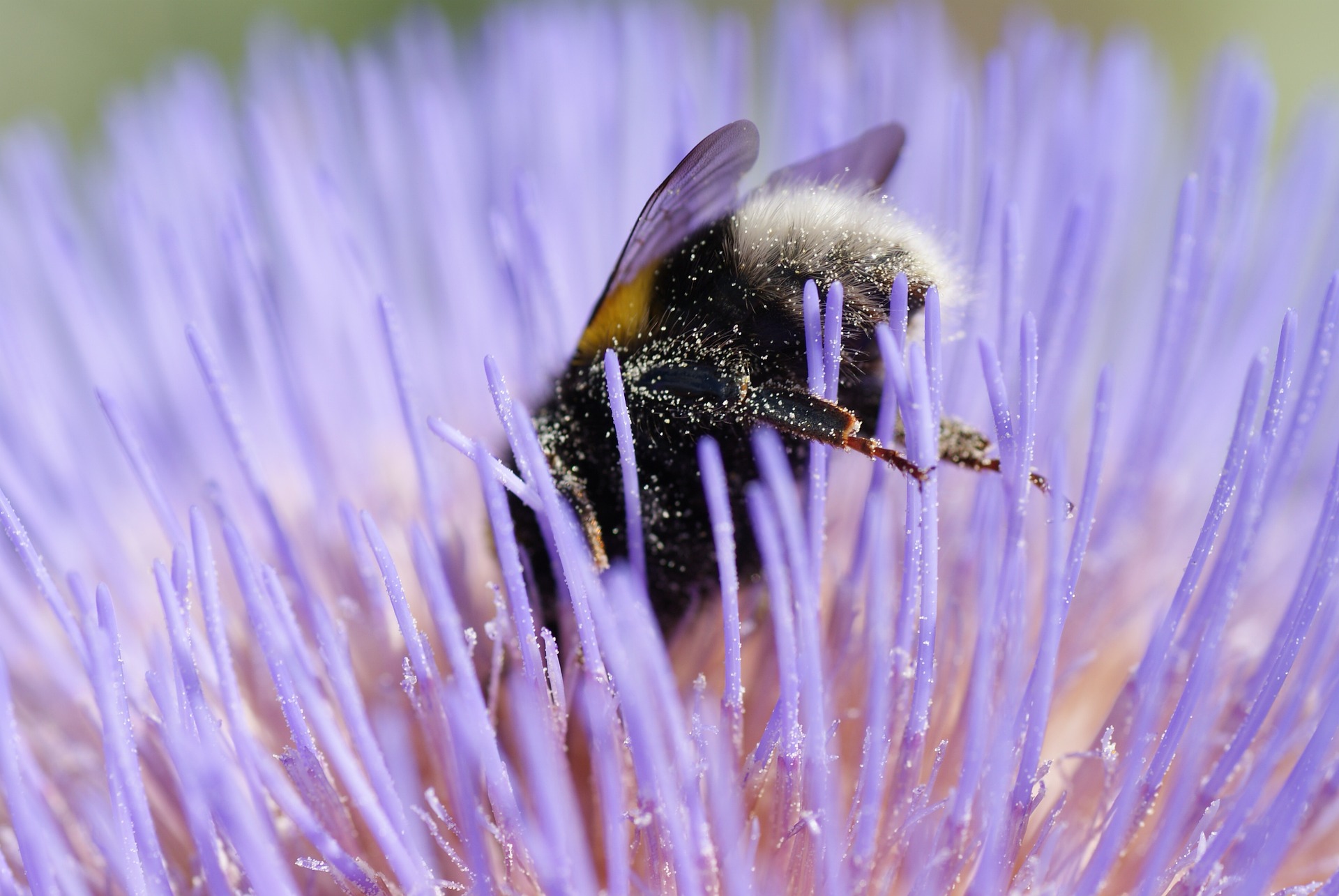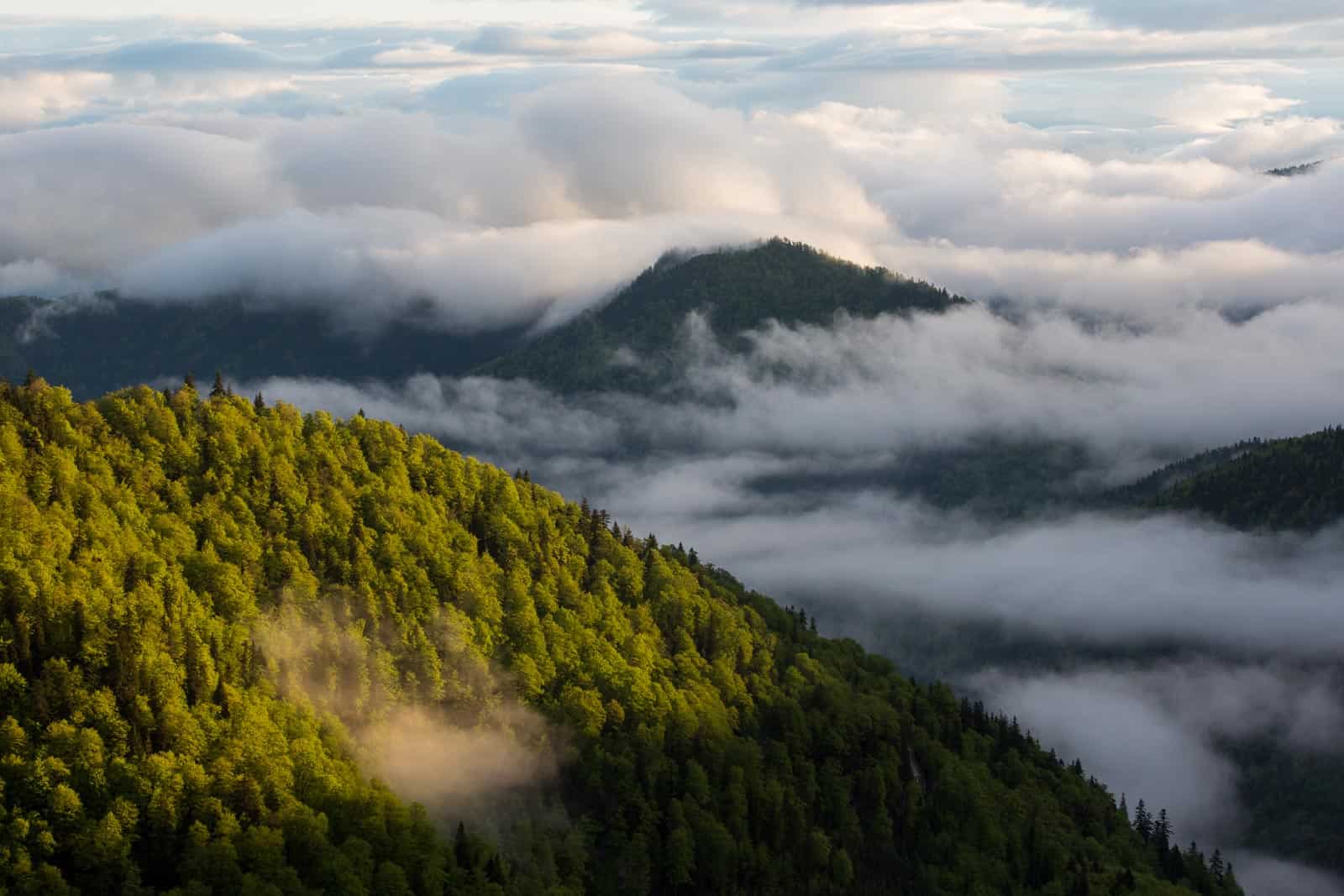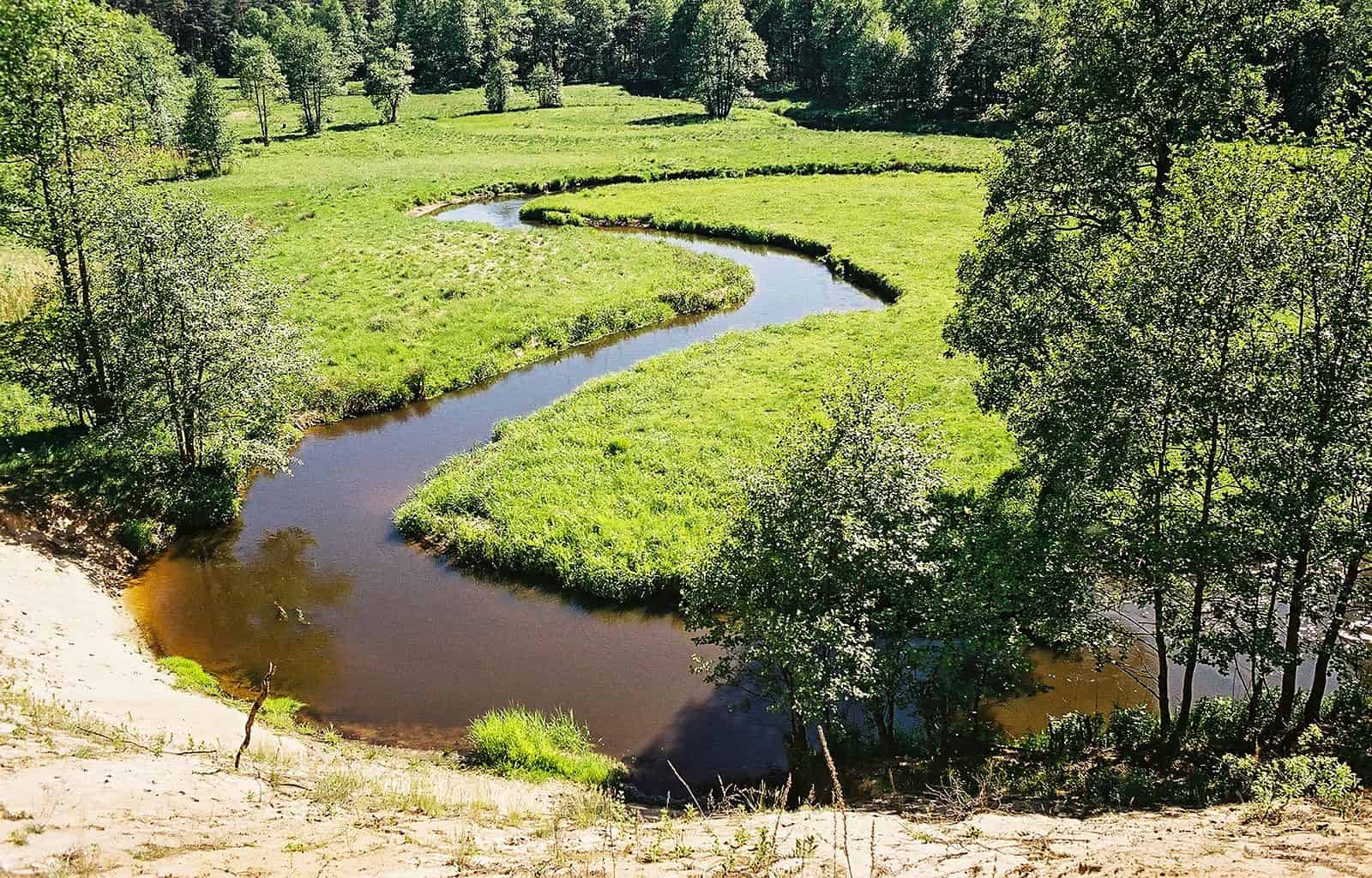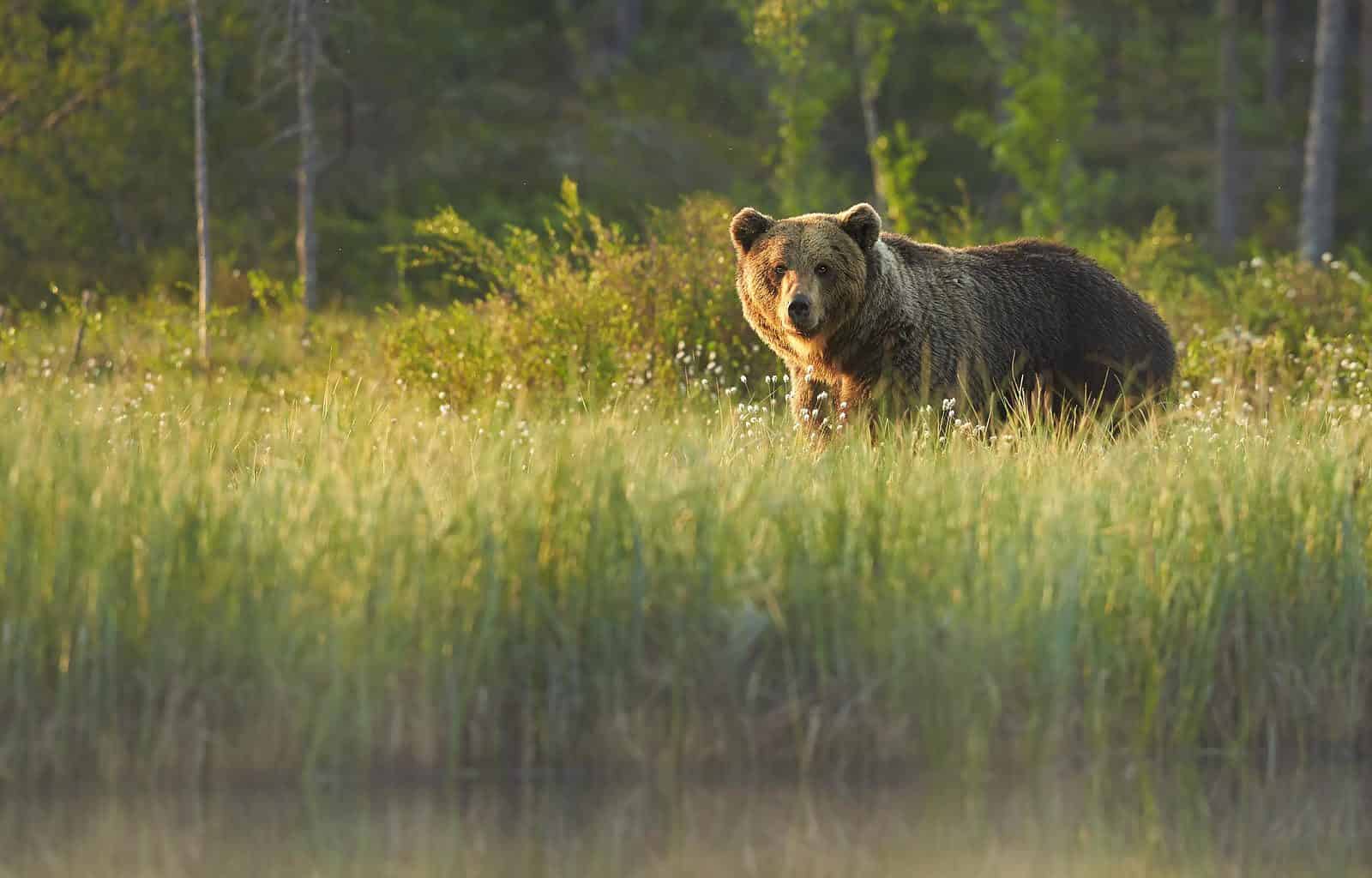Wilderness reduces extinction risk by 50%
Wilderness offers a safe home for many different animal and plant species. We know that is acts as a buffer against species loss, but researchers were not sure how effective Wilderness protects species. A recent study shows that Wilderness reduces the risk of extinction by at least 50% on average. The fact that people poorly protect Wilderness across the globe, makes the situation very critical. If we do not protect Wilderness, the extinction rates will only further increase.
Please also read: Biodiversity impacts our food security
Scientific proof for Wilderness benefits
The article from Moreno Di Marco, James Watson, and colleagues was recently published in the September edition of Nature. They highlight how research often neglects the important role that Wilderness has when it comes to protecting biodiversity. We can see this as many countries do not define specific targets to protect Wilderness on their environmental agendas.
The researchers describe how Wilderness acts as a buffer against species extinction. The extinction risk is with 2,1% twice as low as compared to non-Wilderness areas. This included the extinction risk for plants as well as animals.
This research provides the evidence for how essential it is for the global conservation community specifically target protecting Earth’s remaining wilderness.

Losing Wilderness the size of India
Watson published a study earlier that Wilderness on a global scale is rapidly disappearing. Since the 1990’s people have transformed an estimated 3.3 million square kilometres of Wilderness into a human landscape. This equals the size of India. In addition, UN reports declare that 1 million species are at risk of extinction. These numbers are almost too big to comprehend, and will most likely not impress people as much as they should.
Yes, there are many efforts and initiatives to protect species that are highly threatened. But it would benefit nature more if there is a bigger focus on the protection of Wilderness, which effects many more species.





